37+ SAMPLE Digital Marketing Contract
-

Digital Marketing Consultant Contract
download now -
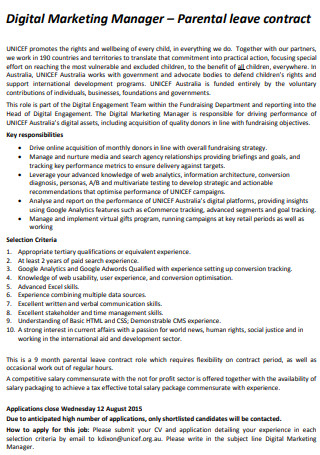
Digital Marketing Manager Parental Leave Contract
download now -
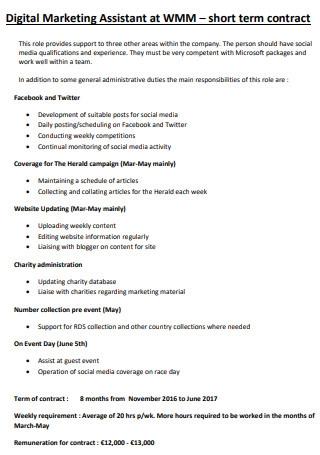
Digital Marketing Short Term Contract
download now -
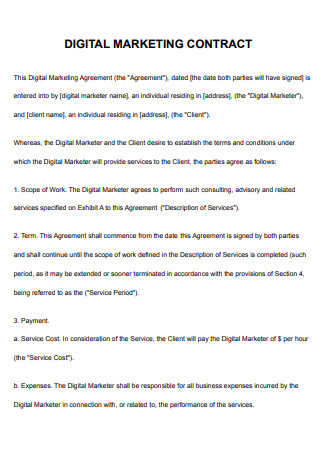
Digital Marketing Contract
download now -
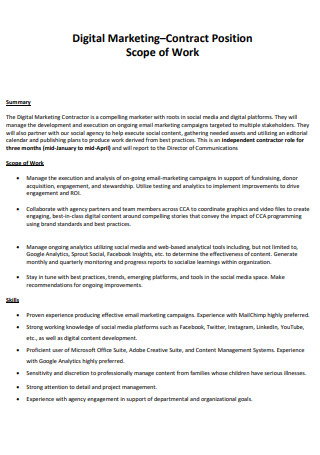
Simple Digital Marketing Contract
download now -
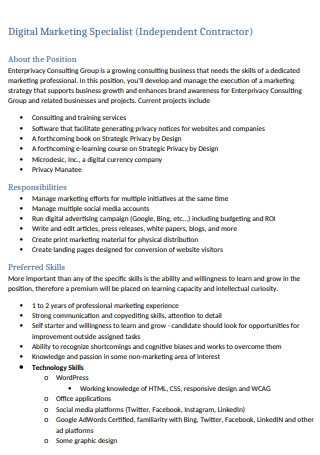
Digital Marketing Specialist Contract
download now -
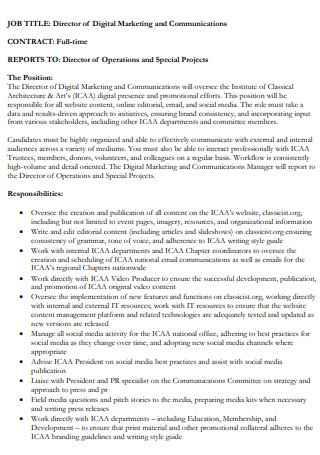
Digital Marketing Director Job Contract
download now -
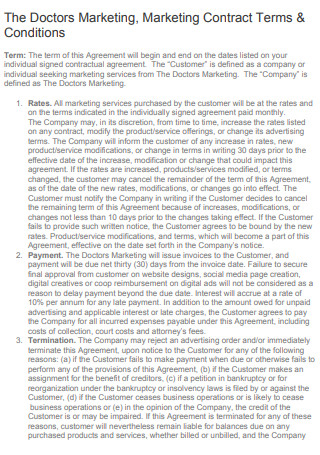
Professional Digital Marketing Contract
download now -
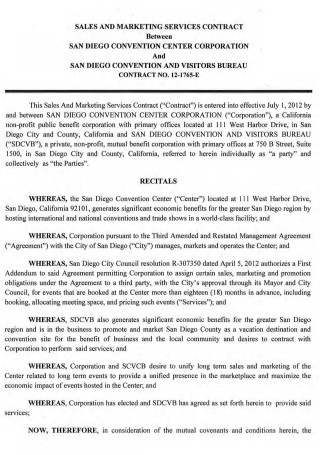
Digital Marketing and Sales Contract
download now -
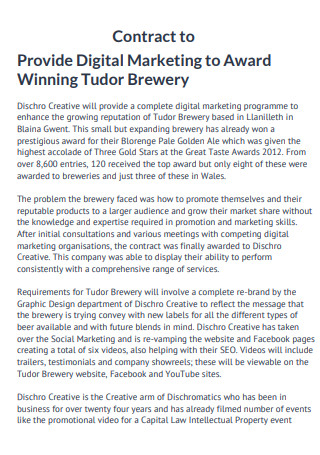
Sample Digital Marketing Contract
download now -
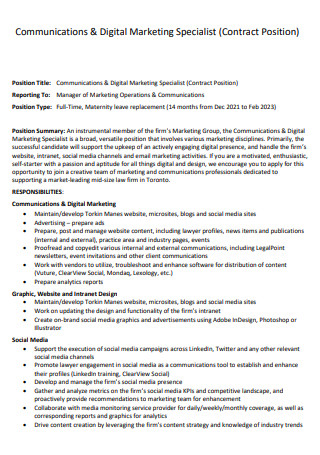
Communications & Digital Marketing Specialist Contract
download now -
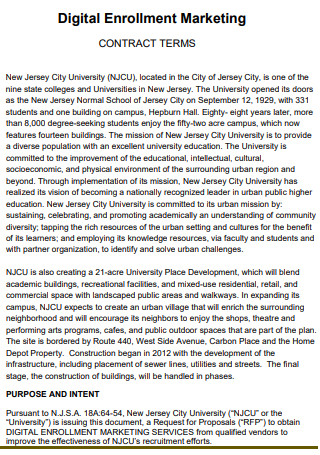
Digital Enrollment Marketing Contract
download now -
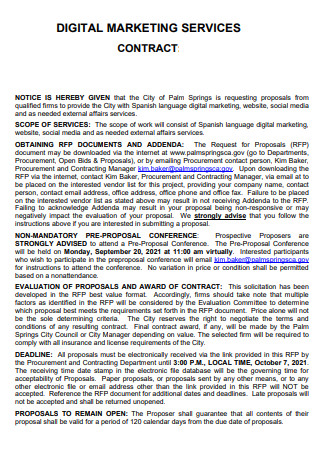
Digital Marketing Service Contract
download now -
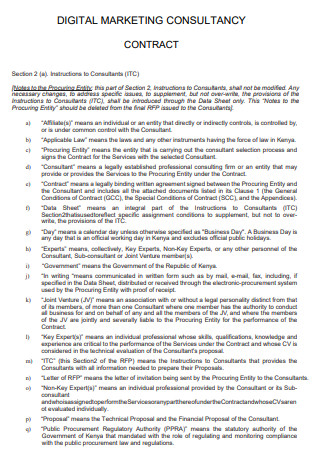
Digital Marketing Consultancy Contract
download now -
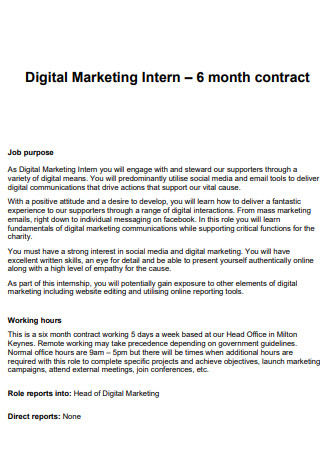
Digital Marketing Intern Contract
download now -
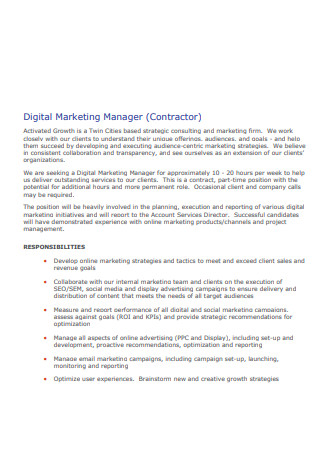
Digital Marketing Manager Contract
download now -
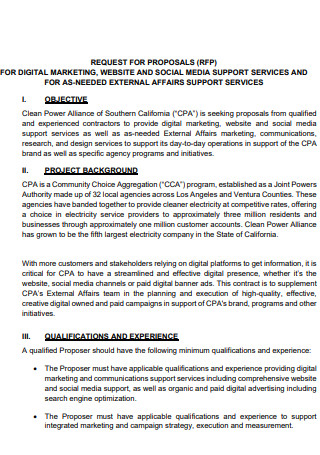
Digital Marketing Contract Proposal
download now -
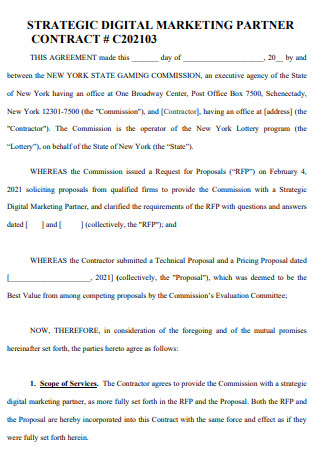
Digital Marketing Partner Contract
download now -
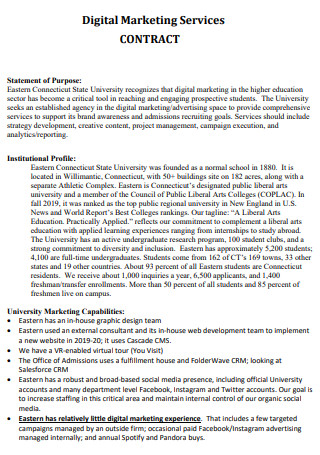
Digital Marketing Services Contract
download now -
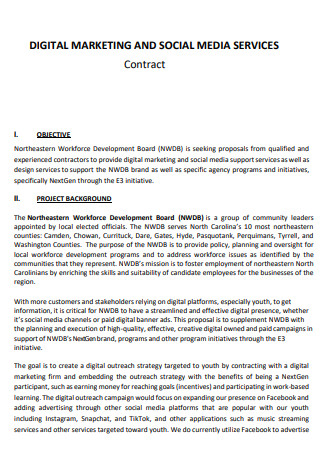
Digital Marketing And Social Media Contract
download now -
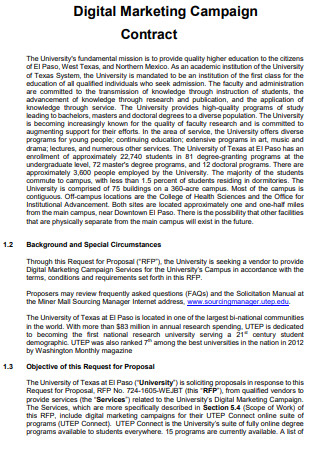
Digital Marketing Campaign Contract
download now -
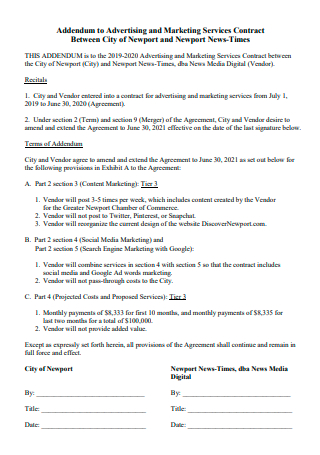
Digital Advertising and Marketing Services Contract
download now -
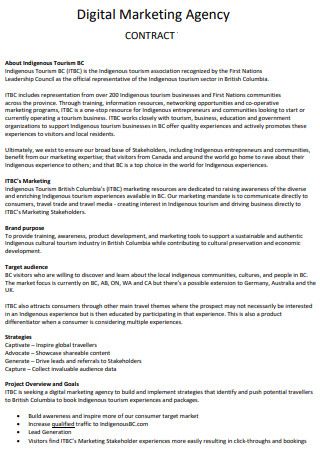
Digital Marketing Agency Contract
download now -
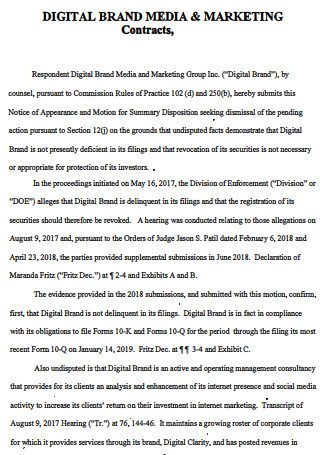
Digital Brand Media & Marketing Contract
download now -
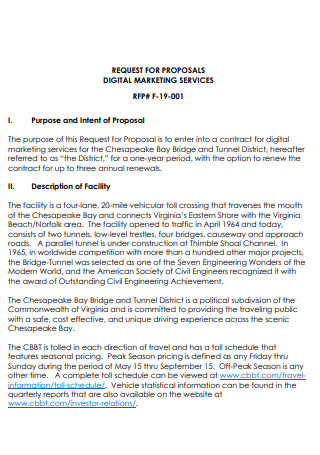
Formal Digital Marketing Contract
download now -
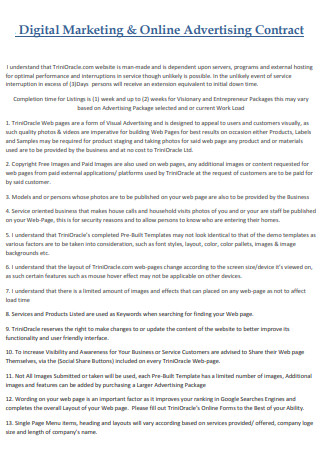
Digital Marketing & Online Advertising Contract
download now -
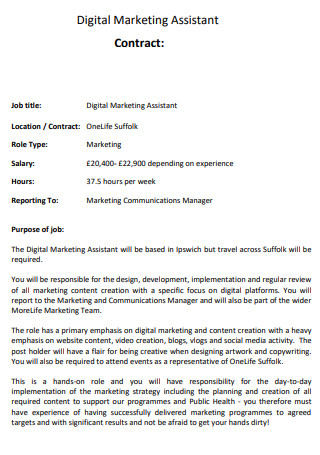
Digital Marketing Assistant Contract
download now -
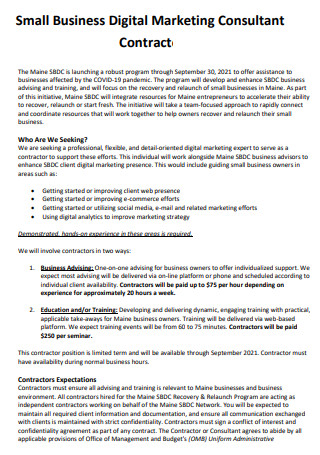
Small Business Digital Marketing Contract
download now -
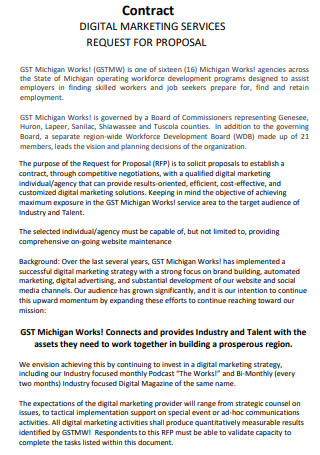
Digital Marketing Service Contract Proposal
download now -
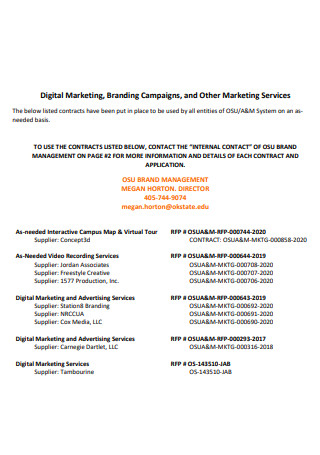
Digital Marketing Landing Contract
download now -
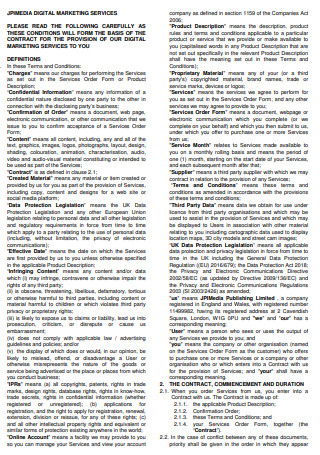
Digital Marketing Contract Format
download now -
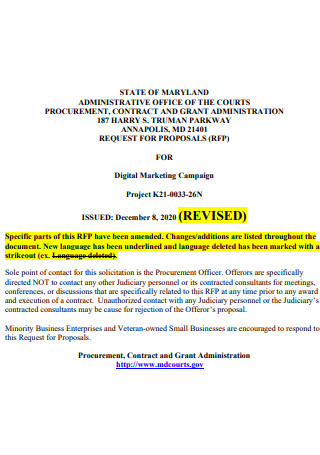
Digital Marketing Grant Contract
download now -
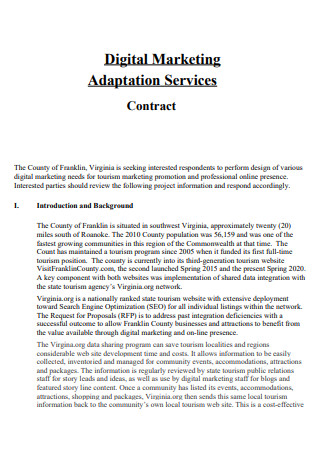
Digital Marketing Adaptation Contract
download now -
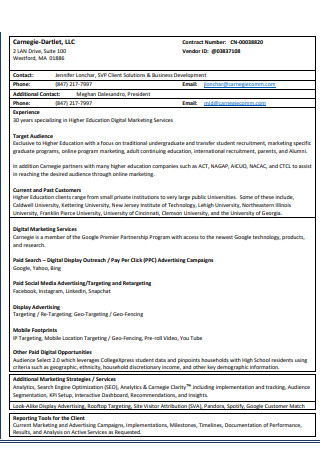
Online Digital Advertising and Marketing Contract
download now -
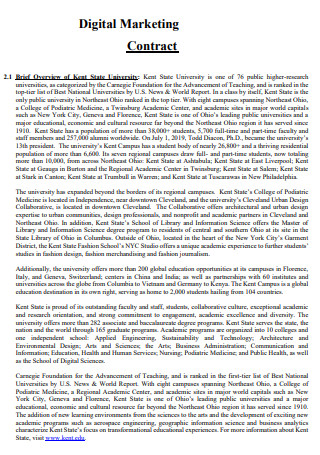
Digital Marketing Contract Example
download now -
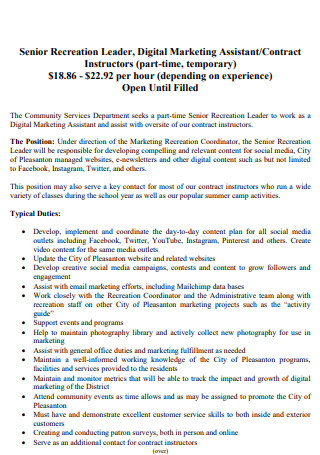
Sample Digital Marketing Assistant Contract
download now -
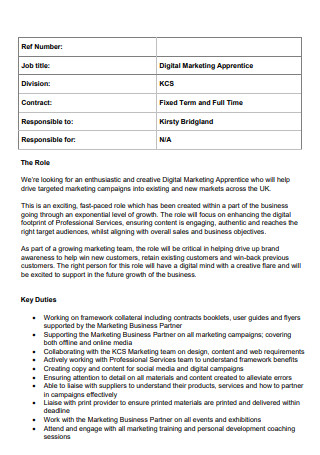
Digital Marketing Apprentice Contract
download now -
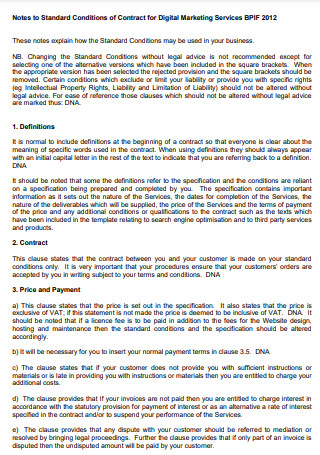
Conditions of Contract for Digital Marketing
download now
FREE Digital Marketing Contract s to Download
37+ SAMPLE Digital Marketing Contract
What Is a Digital Marketing Contract?
Components of a Digital Marketing Contract
How To Draft a Digital Marketing Contract
FAQs
What should be in a social media marketing contract?
How does a marketing contract work?
What is digital marketing?
What Is a Digital Marketing Contract?
A digital marketing contract is a legally binding document between a marketing agency and a client. It indicates the responsibilities of the involved parties and sections that protect the rights of the agent and the client. A client and a freelancer can engage in a digital marketing contract that serves as a finalized agreement. It details the terms and conditions under which the service provider, whether a freelancer or a marketing agent, offers services, including social media marketing, advertising, consulting services, and web designs. Creating a digital marketing contract covers the promotion of products and services. It must also acknowledge the rights and obligations of the client and the service provider while presenting ideas that suit the intended vision of the client.
According to the Ultimate List of Marketing Statistics for 2022 from HubSpot, Facebook, Instagram and Twitter are the leading social media platforms that marketers use, with social listening as their number one tactic. Hubspot also has information about visual content, with 45 percent of marketers using infographics and 38 percent planning to utilize it for the first time in 2022. Digital marketing agencies, agents, and freelancers use different strategies to maximize their reach using various channels.
Components of a Digital Marketing Contract
In writing a digital marketing contract for clients, there must be a comprehensive and concrete agreement between the marketer and the customer. These documents vary in composition, depending on the company that pursues the contract. However, some elements are essential and relevant when writing up a digital marketing contract. Below are the components of a digital marketing contract, whether you are a marketer or freelancer.
How To Draft a Digital Marketing Contract
In any contract or agreement between parties, it is essential to have clear information about arrangements. For digital marketing contracts, it must indicate how a marketing agency or freelancer intends to offer their services to a client. The document covers information about deliverables and payments, and the clearer the terms and conditions are, the smoother the transaction is. Below are the steps to creating a comprehensive digital marketing contract.
-
1. Establish the Two Parties Involved
The initial step in writing the digital marketing contract is to determine which of the parties is the client and which is the service provider. Identifying the roles and relationships of the involved entities guarantees that a reader determines which party is responsible for a specific function that allows them to classify the outputs or deliverables of each party according to the contract. This is essential, especially when handling disputes or lawsuits. Indicate the name of the client or business name, along with the business address and the complete name of the marketer and the agency. Include the dates of creation and execution of the contract to prevent future conflicts.
-
2. Indicate the Scope of Work of the Marketer
The next step of creating the contract is to identify the responsibilities of the service provider to the client. There must be an enumeration of services that a client expects from the marketer before they make the contract binding and legal. The service provider must indicate possible tasks, plans, and activities that they will perform based on the documents the brand information the client provides. These items must be specific and must detail who is responsible for accomplishing them. If there are other responsibilities that the service provider can take, they must be communicated and discussed with the client before incorporation in the contract.
-
3. List down the Provided Services
After identifying the responsibilities of the marketer, the next step is to identify which services they provide the client according to their marketing goals. The client must understand and know what assistance the marketer supplies to promote their brand. In terms of promoting a client over social media marketing, the service provider must identify the media channels they will utilize. It is also necessary to define the process of marketing on these platforms. If there are other services that the client wishes the service provider to handle, there must be a clear agreement between the parties before incorporating it into the contract. It is also crucial to state the services that the marketer cannot provide.
-
4. Identify Confidential Information
In cases when a client discloses confidential information to the marketer to help with digital media marketing, the service provider must ensure that they do not declare any detail under any circumstances. It is significant to classify which reports or documents are confidential and the safeguards of protecting them. Clarify that the only way to divulge information is if the client provides explicit instruction and consent. In this way, the service provider avoids potential lawsuits for accidentally sharing data.
-
5. Discuss the Process, Timeline, and Structure of Payments
The service provider provides details about the expected payment terms from the client. The information must be clear, including the payment method, to identify the payment amount, payment due date, and payment timeline. In providing the total amount for the rendered services, ensure that the presented numbers are accurate to reduce the chances of overpayment or underpayment. For payment dates, be specific about the frequency. Will payment be on a daily, weekly, or monthly basis? In terms of payment methods, write down the most convenient and comfortable option for the marketer. However, it is still advisable to provide different methods to clients that help them make payments on time. State if payment is through cash, credit cards, or checks.
FAQs
What should be in a social media marketing contract?
A social media marketing contract contains various sections and clauses, including definitions and interpretations, social media marketing services and provisions, client obligations, fees and payments, intellectual property rights, indemnity clauses, defined warranties, notices, severances, among others.
How does a marketing contract work?
A marketing contract usually gives exclusive rights to marketing agencies or freelancers for providing their services to market, promote, and advertise specific products at a particular location for a specific period.
What is digital marketing?
According to Mailchimp, digital marketing is the promotion of products or services of a brand to connect with the consumer market using advances in technology like the internet and other forms of digital channels and platforms. The process involves promoting through email messages, social media, web advertisements, and text messages. Another term for digital marketing is online marketing.
As the world continues to evolve, companies must utilize different strategies and methods to gain the attention of consumers. The public focuses on online marketing and digital consumption, and organizations must keep up with the advancements to extend their reach. Working on digital marketing strategies and campaigns helps maintain the interest of the consumer market. Connect with digital marketing firms or freelancers and brainstorm possible approaches to interact with customers. Start writing a digital marketing contract today by downloading the samples available in the article.
